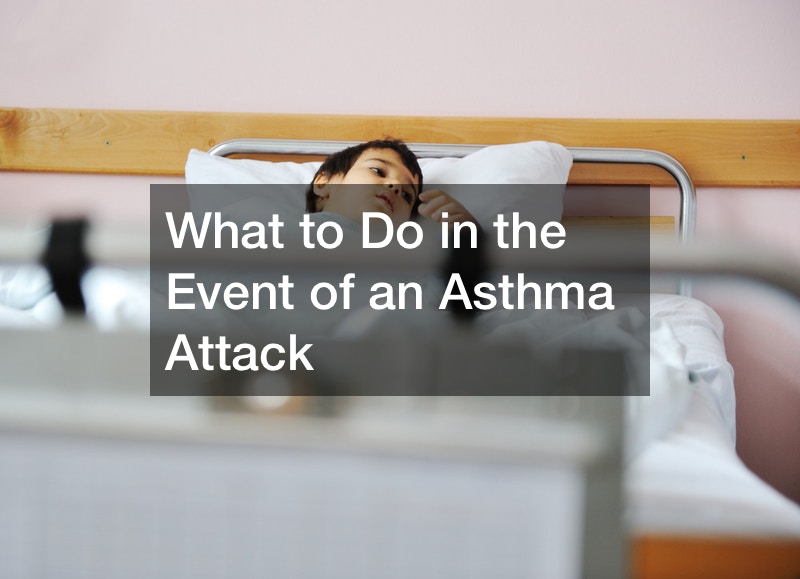
Asthma is an inflammatory condition, which results in the narrowing and swelling of airways. This leads to difficulty in breathing, coughing, and a wheezing sound when breathing out. While asthma is a minor nuisance for some people, for others, asthma is a significant concern as it can alter the quality of life and even lead to life-threatening asthma attacks.
What are the other symptoms of asthma? While symptoms of asthma differ from one person to another, common symptoms include:
• Chest tightness
• Fatigue
• Panic or anxiety
• Shortness of breath / rapid breathing
• asthma and coughing up phlegm may crop up, especially at night or when laughing or exercising
• Difficulty talking
• Pale, sweaty face
Asthma and congestion go hand in hand because asthma leads to excessive mucus production that builds up in the chest. Asthma and excessive mucus usually worsen when you have respiratory infections or when irritants like smoke, air fresheners, and perfumes are present.
excessive mucus usually worsen when you have respiratory infections or when irritants like smoke, air fresheners, and perfumes are present.
How are can one relieve asthma symptoms? While an inhaler works most of the time to alleviate asthma symptoms, its failure to lessen symptoms might indicate a looming asthma attack. As such, you need to call emergency services immediately before your condition worsens. After visiting a hospital after an asthma attack, you may need follow-up sessions with your local asthma clinic to monitor the progress of asthma and symptoms present.

Nearly 3 million patients visit urgent care centers across the United States each week. One of the most common questions surrounding a walk in health clinic is if they treat asthma. You’ll find that asthma is a condition that requires multiple types of treatment. For instance, there is immediate asthma that needs to be done either with an inhaler or emergency services. However, follow up treatments can be handled by a walk in health clinic. Here is how to recognize and help stop an asthma attack.
Common Signs of an Asthma Attack
There are signs that you’ll want to watch out that indicate an asthma attack is occurring. Common asthmatic symptoms will get worse during an attack. You may want to check your peak flow meter to find out if your numbers are lower than normal. It’s common to find that coughing gets progressively worse and may be accompanied by a feeling of tightness in your chest.
What to do During an Attack
Another sign of an asthma attack is if your normal inhaler isn’t stopping an attack. If your normal inhaler isn’t making your breathing easier, you may need to use your emergency inhaler. It’s important that you take a seat and avoid standing upright. Standing up could trigger you to become woozy which could lead to you passing out. You’ll want to call emergency services or have someone dial for you, if possible.
Follow Up Procedure After Hospitalization
After visiting the hospital for an asthma attack, you’ll want to receive some form of follow up treatment. You’ll find a walk in health clinic to be the perfect place for a follow up visit. Statistics show that there are over 20,000 physicians practicing in the field of urgent care medicine. You can rest assured you’ll find a physician that is fully able to ensure you receive accurate follow up treatment. It’s vital to ensure you undergo the follow up visit. This visit will ensure that you are medically cleared from any current issues that could be causing a flare up in asthmatic conditions.
In summary, an asthma attack is a dangerous situation that can happen to asthmatic people. There are many signs that you could be having an asthma attack. You’ll find it more difficult to breathe normally and tightness in your check when asthma worsens. It’s common to find that peak flow numbers are far lower in the moments leading up to an asthma attack. You’ll want to call emergency services or have someone call for you if an asthma attack is taking place. It’s important to stay lying down or sitting as standing could cause you to pass out. After finding medical treatment, it’s best to receive a follow up visit from a physician. 85% of urgent care centers are open seven days of the week which makes receiving this visit incredibly easy to complete.
